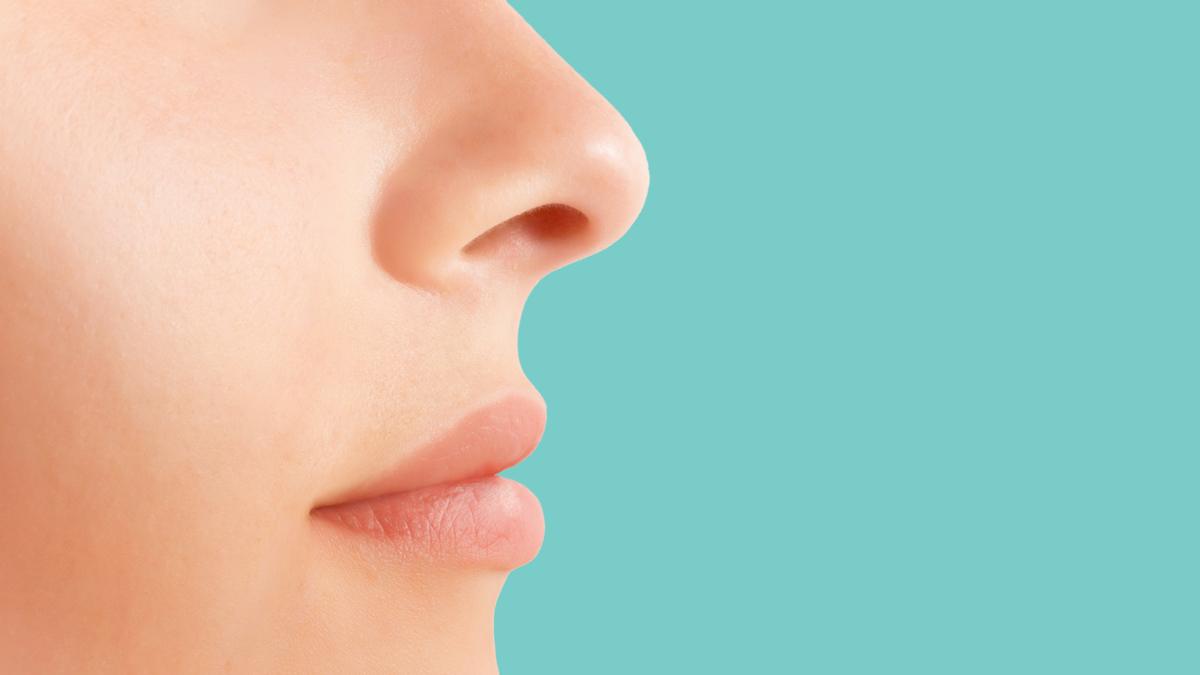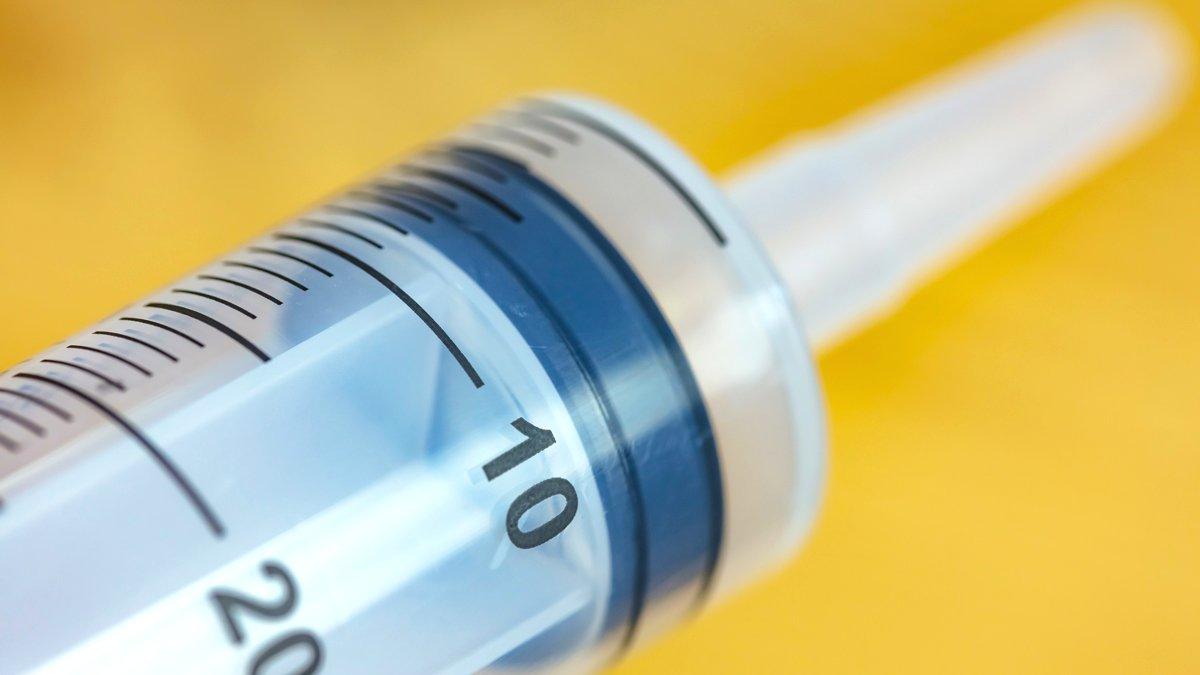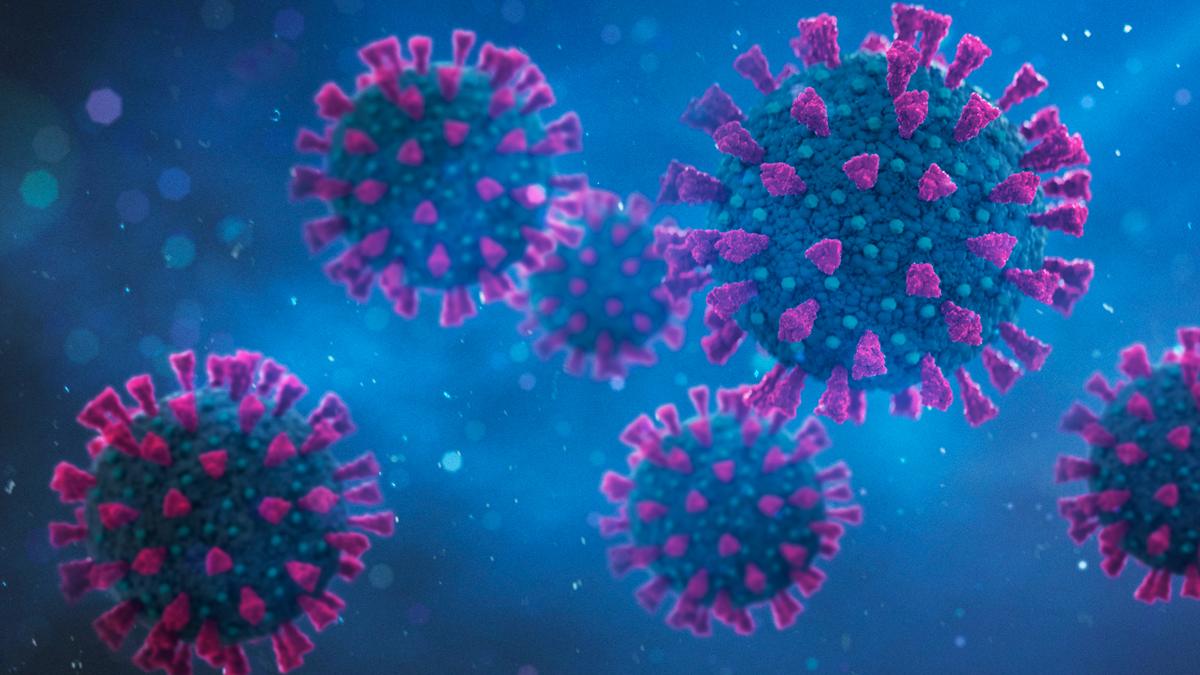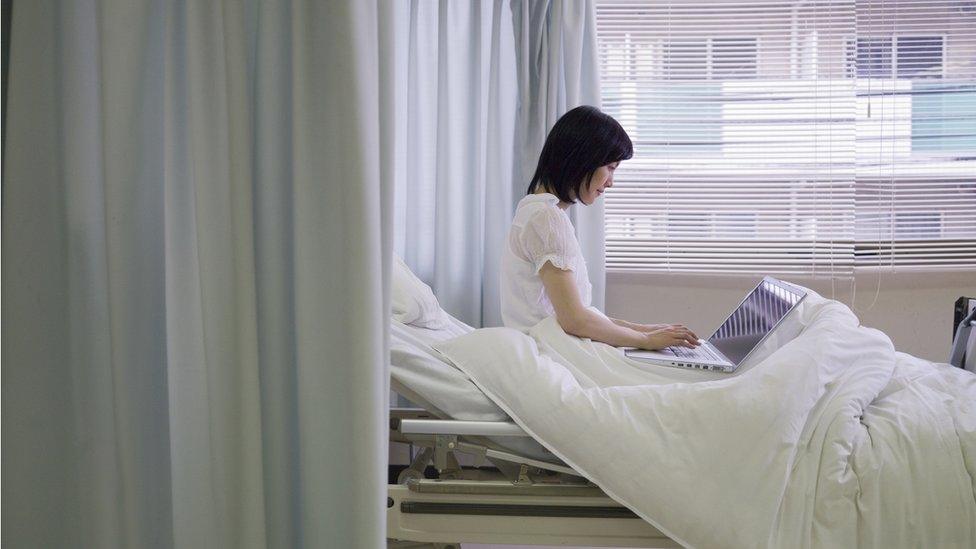Covid-19: What are challenge trials and why do we need them?
- Published

A group of volunteers in the UK is going to be deliberately infected with coronavirus in what's known as a "challenge trial". It will be the first such trial with Covid anywhere in the world.
The study has been given ethical approval and is expected to start soon, with around 90 people being infected.
What happens in a challenge trial?
The volunteers come into hospital and will spend the whole time in a single room, and come into contact only with people running the trial.
On the third day, a small syringe filled with live virus will be squirted up their nose.
They will be monitored in hospital - including regular blood samples - for at least the next two weeks, after which they can go home if they are free of the virus.
The volunteers will continue to be followed up for a year.

What is the point?
Initially the challenge trials will be focused on crucial scientific questions that are almost impossible to answer in the real world.
How much virus does it take to start an infection?
How does the immune system mount its first defence?
Can you tell which people will develop symptoms or not?
This will give us a better understanding of coronavirus.
I thought this was about vaccines?
The attention will eventually turn to vaccines too, but this could still be months away.
People would be given a Covid vaccine and then, after immunity has built up, they would have the virus squirted up their nose.
This will help assess the effectiveness of the next generation of Covid vaccines, and the same techniques can also be used to test-research new drugs or to develop tests for Covid.
Are challenge trials better than traditional trials?
Both play an important role, but there are some advantages to challenge trials.
The main one is they get results - including on vaccine effectiveness - incredibly quickly.
This is because everyone is deliberately infected, whereas a "real world" trial would have to wait for people to catch the virus in their day-to-day lives.

What about new variants?
At the moment, the challenge trials are using the form of the virus that was circulating in the summer of 2020.
It will take three to four months to switch the trials to one of the newer variants that have since emerged.
But in the future, this will be an important way of assessing whether vaccines work against the new variants.
Are they safe?
The risk is low, but a challenge trial is not completely risk-free.
The trial is focusing on young people (aged 18-30) with no health problems, who we know are very unlikely to have any health problems from a coronavirus infection, and they will be closely monitored in hospital.
Are volunteers paid?
They are not "paid" but they are "compensated" for the time commitment.
People are given about £4,500 across the whole of the year-long study.
Have these trials been done before?
Yes.
The idea is not new and research on vaccines for malaria, cholera and flu have all been aided by challenge trials.
Doing challenge trials for Covid was raised right at the start of the pandemic. However, it would not have been ethical to go ahead back then, when we had so little information about what coronavirus did to the body.
Follow James on Twitter, external
Related topics
- Published17 February 2021
